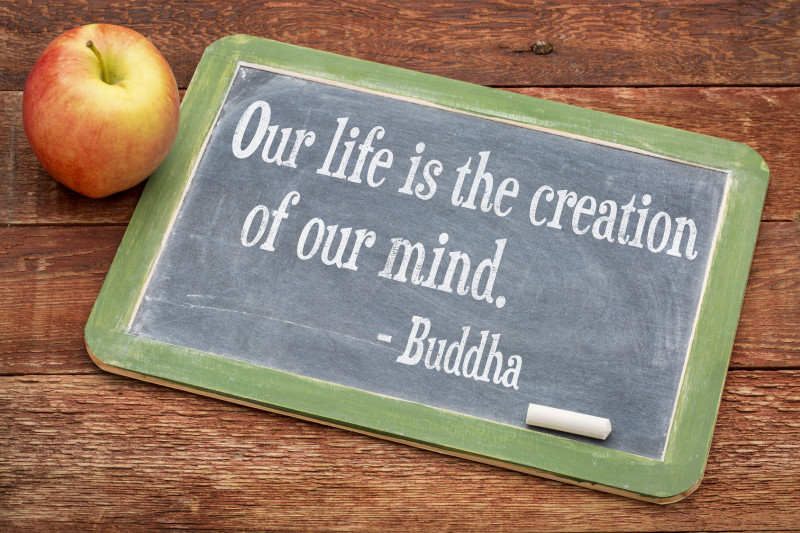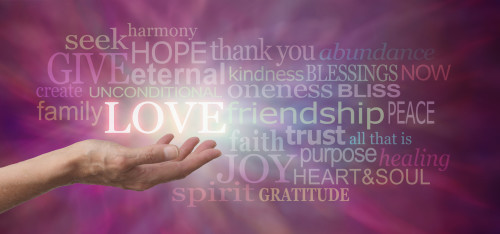Hi from Eve! This blog post is on the topic of self compassion – a conscious practice that can really change how we relate to our own pain, and bring a lot of peace.
How can self compassion help us?
The literal translation from Latin of the word compassion is ‘to suffer with’. I understand this to mean that when we are in a place of compassion, we have the courage to stay present with suffering (rather than deny it, minimize it, or avoid it). There is an inherent kindness in this courageous presence. So I see compassion as a combination of courage, presence, and kindness in the face of suffering.
It is very common to respond to suffering by denying it (‘I don’t really feel that bad’; ‘this is not my problem’; ‘there’s nothing wrong’); avoiding it (addictions of all kinds; escaping into heady/intellectual thinking rather than feeling into the body; ‘tuning out’ with television, books etc.); or going to blame (self blame or other blame, a function of the inner critic/judgmental mind). Other ways we can attempt to avoid or minimize suffering are to ‘fix’ (rush in with a ‘solution’) or care-take (giving life energy or money outward that we don’t really have to give, thus depleting ourselves). These can all be attempts to avoid suffering, or at least feel less of it.
I am not suggesting that compassion means we do not try to resolve suffering. But I AM suggesting that compassion itself is a ‘staying with’ pain rather than an immediate reaction to try to make it go away. When we stay present with pain, after a while a truly skillful and transformative response will often arise.
So I define compassion as nothing more or less that staying present with suffering. This is actually, when you think about it, an unusual response to pain; and again, one that takes presence (aka mindfulness), courage, and kindness. Mindfulness so that we know pain is happening and we are not in automatic, unconscious reaction to it; and courage to choose to stay present rather than run away. The courage part of compassion can be supported by a faith that there is value in staying present with suffering (that it is not simply an act of self torture!). This faith becomes knowledge once we have tried it out, but at the beginning, when what we are used to is trying to avoid pain, some faith in the process can be helpful. Courage to stay with suffering can also be supported by remembering our interconnectedness –many other beings are having a similar experience of suffering, and we are not alone. And finally kindness: once we are there with pain, we do not aggravate it or build on it with negative judgments. Instead, we simply bring kindness.
Thich Nhat Hahn tells a beautiful parable about compassion. A mindful parent is in the kitchen making soup, while their infant child is sleeping in the other room. The child begins to cry. The parent turns off the stove, puts down the soup spoon, goes into the other room, and picks up the child. The parent holds the child until the child, in its own time, is soothed and falls back to sleep. Then the parent puts the child back in the bed and returns to the soup.
The parent is bringing presence, or mindfulness, to the sound of suffering from the other room. The parent is bringing the courage to put down what may seem important (making the soup) in order to tend to the suffering, and stay present with what may be a screaming child. And, once with the suffering, the parent is bringing a kind, comforting energy. Kind, patient presence in the face of suffering. That is compassion.
It is often easier to understand the value of compassion when we imagine applying it to someone else (in particular when we imagine applying it to helpless others like infants, children and animals). But what I am suggesting here is that we learn to apply the energy of compassion to ourselves. Why?
Because: You are in charge of your own well being. No one else is in charge of that. You have a responsibility to love and take care of yourself. You do not have to let yourself be buffeted by whatever life throws at you, including your own conditioning. It is your responsibility to make the choices that will bring you contentment. It is your responsibility to be the ‘parent’, the decision-maker, the guide for your own soul.
(I would like to note here that many of us have a deep, not always conscious belief that we are not worthy of our own excellent self care. If there is or may be a voice like that in your head, I urge you to not believe it – because it isn’t true – and find skillful ways to work with it, such as various forms of counseling and support. I will address that voice further in other blog posts).
When you learn to be a kind and wise guide for your own journey, you will begin to feel some ease and relief in this life. When we look at examples of kind and wise guides, both in our own lives and historically, compassion is a central part of how they operate. They have the courage and patience to stay present with suffering. You can too.
Your own heart, body and mind suffer at times. You may handle this by avoiding through addiction, blame, or self blame – which ultimately exacerbate and inflame the pain. Or you can have the courage to simply stay present with the pain. Bring curiosity and kindness to it. Even when the compassion does not transform the pain, something else wonderful is happening – you are strengthening your capacity to see clearly, to ‘stay in your seat’, to wait with patience for a skillful response.
If the notion of staying present with pain seems overwhelming, that is okay. You can try it in tiny increments. Let’s say, for instance, that Carmen has woken up in the night with anxiety about money issues. What she has been doing to manage this is take an herbal sleeping aid. She is interested in trying self compassion, but she’s afraid of being really consumed by anxiety and is not confident that she can stay with the degree of pain that comes up when she wakes in the night concerned about money. So, she tries it for one minute. For one minute, she brings presence and kindness to the pain. She feels what is happening in her body. She notices a churning in her belly. She whispers, ‘May I hold this pain in kindness’.
I think of it like working out at a gym. (Not that I work out at a gym, but it’s a metaphor). Say I can’t handle the five pound weights yet, but I can handle the one pound weights, for like five minutes. So that’s what I do. At some point I will work up to the five pound weights. It’s the same with self compassion – we can start small and build up over time.
And as we come to know our own pain, through the ‘abiding’ of compassion, we develop our capacity for deep empathy. Once you have compassion for yourself, you will have it for everyone else. You will be less reactive to and judgmental of other people’s pain and their strategies for avoiding it, and more able to bring a truly healing presence.
And your life, and the lives of those around you, will become happier.
So, GO SELF COMPASSION!!!! YAY!!!
To close, here is a beautiful exercise adapted from the work of Kristen Neff and Christopher Germer called ‘Self Compassion Break’. This is one concrete way to begin practicing self compassion.
When you encounter suffering, try this three step process:
- Say to yourself: “This is a moment of suffering” – thus increasing your awareness and capacity to bring presence/mindfulness to the moment.
- Say to yourself: “Suffering is a part of life”- thus reminding yourself that you are in no way alone with this pain. Many uncountable others experience something similar. With the understanding that we are not alone, we can feel more courage to stay present with pain.
- Say to yourself: “May I be kind to myself”- thus reminding yourself to bring the energy of kindness, rather than judgment or denial, to the moment of suffering.



